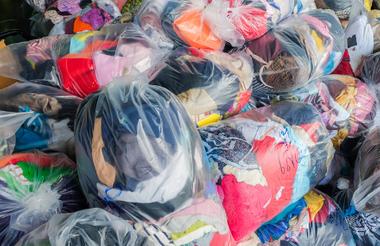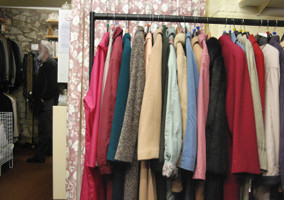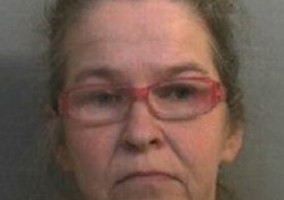The NSPCC and Clothes Aid have written to the Fundraising Regulator calling for an investigation into unlicensed charity bag collections.
Both the NSPCC and its charity bag collection agency Clothes Aid have written separately to the Fundraising Regulator calling for an investigation into unlicensed charity bag collections, following a report by BBC Radio Five Live Investigates into the issue yesterday.
Clothes Aid is a company which distributes and then collects charity clothes bags door to door and then sells those on for a profit, a percentage of which goes back to its charity partners. Clothes Aid has worked with the NSPCC since 2009.
Commerical companies are required to have a local authority licence before collecting bags of clothes on behalf of charities. But On Five Live, Michael Lomotey, head of collection promotion at Clothes Aid, said that over 60 per cent of charity bag collections were being done by unlicensed and unregulated agencies. He said that this was costing charities “hundreds of thousands, if not millions of pounds” in funds a year.
Lomotey also said that some unlicensed collection agencies were giving back less than 10p in every pound on the profits from the clothes they collected and sold on.
In its letter to the Fundraising Regulator, Clothes Aid also said that “there is a measure of public disquiet and donor fatigue” around charity bag collections, which it blamed on “market saturation in the sector” due to what it called “a glut of unlicensed collections and so-called ‘bogus collectors’”.
It called on the regulator to conduct an investigation into the issue, following which it might “helpfully recommend helpfully to the Charity Commission, Department for Culture, Media & Sport, Department for Communities and Local Government, the Local Government Association, and Association of Police and Crime Commissioners that they collectively, together with the Fundraising Regulator, negotiate and agree a memorandum of understanding”, to police the issue further.
Nigel Spencer, director of fundraising at the NSPCC, also wrote to the regulator backing its charity bag collection partner. A spokesman for the charity said that Clothes Aid’s work “allow people to support causes they believe in without having to make a monetary donation” and said that unlicensed collectors “not only damage the trust of those who donate clothing but also have a very real impact on the much needed funds received by charities”.
Fundraising Regulator: 'Issue is for the police'
In a response, a spokesman for the Fundraising Regulator told Civil Society News said that the watchdog was “aware of the issues around charity bag fundraising” but said “a number of the points” raised by Clothes Aid and the NSPCC are a matter for the police and local authorities.
“A number of the points raised by Clothes Aid may well need to be referred to the police,” said the spokesman. “Particularly if there is any suspicion of fraud or theft. Actions like this need to be followed up by those with the powers to do so. If charities and their appointed agents are not involved this is less likely to be a behaviour breach of the Code of Fundraising Practice”.
The spokesman also said that the regulator is currently consulting on changes to the Code in relation to clothes bags, ensuring they are not to be delivered to “properties that display a sign that says charity bags and junk mail should not be delivered there”.
Peter Hills-Jones, head of compliance at the Institute of Fundraising, said that it was the responsibility of local authorities to determine what they think is an appropriate level of return for charities in relation to charity bag collections.
Despite this, Hills-Jones said that many local authorities “are struggling to deliver even their statutory services” at the moment, and simply didn’t have the funding to properly enforce this area of fundraising as well.
Speaking to Five Live, Hills-Jones said that the IoF would like to “sit around a table with the police and with local authorities, to see if we can find a way to pool our resources to identify what we believe is a relatively small number of ‘rogue operators’ who aren’t playing by the rules. If we can get rid of those individuals it frees up more resource to support the legitimate and wonderful charities who work in the UK”.
Related Articles












